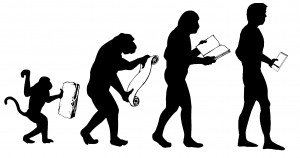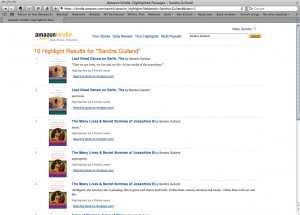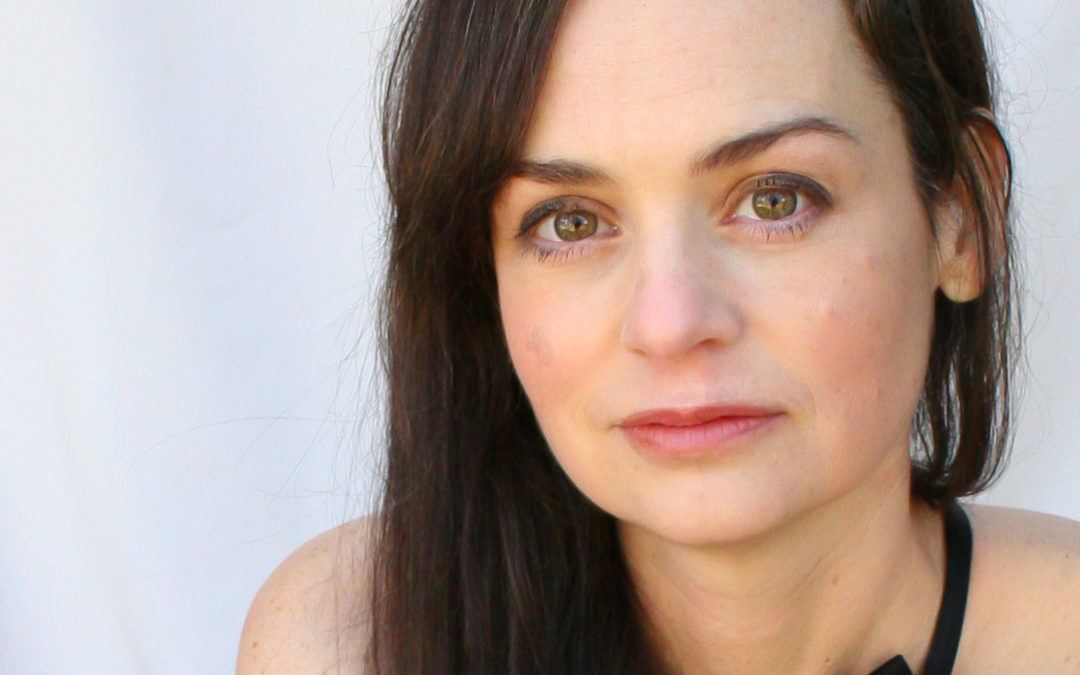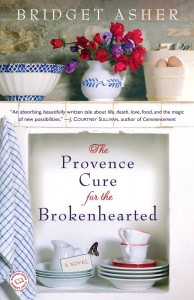by Sandra Gulland | Oct 1, 2012 | Adventures of a Writing Life |

My on-going adventure into e-book publishing has been eye-opening. Although I didn’t do even a fraction of it myself, setting up an account on Amazon/Kindle seemed relatively easy (once I got through the hurdle of the tax-exempt forms required for non-American publishers). Kindle Direct Publishing’s instructions were clear and to-the-point, a class act. And the cost: zero.
Barns & Noble doesn’t deal with non-US publishers at all—so that was a dead-end.
Kobo is a growing force in Europe, but they are suffering growing pains—and it shows. Their contracts were confusing and contradictory. They’ve launched a clean, new interface—but it couldn’t upload my books (too big!), so we had to go the geeky route. (So glad Kris was dealing with it, not me.) Although my books are up, I still can’t see them, much less get at any direct information about my sales. Too, it seems they are weekly changing their system. Go, Kobo! You’re David against Goliath, but you do need to get your act together.
iTunes, known to take For Ever to approve a title, came through surprisingly quickly. There were glitches uploading, but once up, okay, although their sales reporting system leaves a bit to be desired. Plus, the sales are about 1% of what gets sold on Amazon. That said, the titles display most beautifully there.

Because most of my INK titles are sold in the UK, I wanted to be in Waterstones and other UK venues. That has turned into an expensive headache: first to get the titles on Nielsen’s database (I’m still working on that), then to have to pay for a middleman. (This requirement was discovered in a deluge of confusing small print.) OK, I got that far, but I was just now informed that to get a book synopsis and reviews even mentioned on Waterstones’ e-book website (which is hard to find and not that functional), I’d have to pay upwards of $240 plus tax each year. I think not.
Which all brings me back to Kindle Direct Publishing: its user-friendly interface, the remarkable ease of uploading and editing … for free. (Sort of: there is a charge for each downloaded purchased title.) Plus, Kindle accounts for well over 90% of sales: no wonder.
I’ve got my own issues with Amazon, but frankly? My practical advice to someone starting out in e-book self-publishing: stick with Kindle Direct.

For information about Sandra Gulland Ink titles: click here.

by Sandra Gulland | Mar 30, 2011 | Adventures of a Writing Life, Mistress of the Sun, Publication, Sandra Gulland INK, Tales of Passion, Tales of Woe, The Last Great Dance on Earth, The Many Lives & Secret Sorrows of Josephine B. |
I’m told by Allegra, the editorial assistant at Turnstone, Simon & Schuster, in New York, that ebook errors happen because the text is shrunk. I’m simply to let her know and they will be corrected. (Thank you, Allegra.)
So I returned to AmazonKindle to check what’s been highlighted by reader/proofreaders. Here’s what I discovered:

From The Many Lives & Secret Sorrows of Josephine B.:
–3 readers highlighted: In the light I see security, but in the shadows I see grief . . . in the shadows I see defeat.
–4 highlighted the typos “aman” (a man) and “aspisspotin” (as pisspot in)
–4 also highlighted: intelligent; she amuses; she is pleasing. She is grace and charm and heart. Unlike Rose: scared, haunted and needy. Unlike Rose with her sad life.
From Tales of Passion, Tales of Woe:
–3 readers highlighted, from the copyright page: Ogni talento matta. (Every talented man is a madman.)
–3 also highlighted: A woman’s truths, how secret they must be. Hidden, buried, only to emerge in the night.
From The Last Great Dance on Earth:
–6 readers highlighted the sentence: That we are born, we live and we die—in the midst of the marvelous. (A wonderful Napoleon quote, in truth. I worked hard to get it in.)
–3 highlighted: We are punished for our pleasures; if only we were rewarded for our pain.
From Mistress of the Sun:
–3 readers highlighted: Patience is the companion of wisdom, her father had often said, quoting Saint Augustine.
What does this tell me?
One, that there are not too many typos. And two, that readers like wise nuggets. And three: that the Amazon recording system may be suspect. It seems too coincidental. As a novelist, I’d never get readers to believe it.
You might be pleased to know that the second most highlighted text for all of Kindle is:
It is a truth universally acknowledged, that a single man in possession of a good fortune, must be in want of a wife.
From Pride and Prejudice, of course, by Jane Austen: highlighted by 3547 Kindle users.
As for the #1 favourite? It’s a quote from Cutting for Stone by Abraham Verghese that begins:
The key to your happiness is to own your slippers, own who you are, own how you look, own your family, own the talents you have, and own the ones you don’t.
What do you think? Are you a highlighter? (I am: shamelessly so.)

by Sandra Gulland | Mar 29, 2011 | Adventures of a Writing Life, Author Interviews, Recommended Books, Movies, Podcasts, etc. |
Julianna Baggott publishes an astonishing variety of things under an astonishing variety of names: novels, poetry, essays, blogs. It’s no accident that her website—Baggot • Asher • Bode —gives the impression of a group endeavor. Plus she has a very active family. I’ve been reading her absolutely charming blog for some time; it has become one of my favourites. The one thing you can count on from anything from Baggot, Asher or Bode is wit and heartfelt charm.
Today is the launch day of Julianna’s latest novel, The Province Cure for the Brokenhearted:

I ordered it on Kindle and it just this minute arrived on my iPad. I know from its perfect first sentence that I’m going to love it:
Here is one way to say it: Grief is a love story told backward.
Plus: it’s set in France. Need I say more?
Lest you remain unconvinced, here are a few advance reviews:
“Fans of Under the Tuscan Sun will adore this impossibly romantic read.”— People Magazine
“Readers who enjoy … Lolly Winston’s Good Grief and Jane Green’s The Beach House or travel-induced transformation books like Frances Mayes’s Under the Tuscan Sun and Elizabeth Gilbert’s Eat, Pray, Love will find common themes … and become quickly invested in the lives of the deftly drawn characters.”— Library Journal
“Unabashedly romantic … a real charmer about a Provencal house that casts spells over the lovelorn.” — Kirkus Reviews
So now for something about the author:
Julianna Baggott is the author of seventeen books [did you catch that? seventeen], most recently THE PROVENCE CURE FOR THE BROKENHEARTED under her pen name Bridget Asher, as well as THE PRETEND WIFE and MY HUSBAND’S SWEETHEARTS. She’s the bestselling author of GIRL TALK and, as N.E. Bode, THE ANYBODIES TRILOGY for younger readers.
Her essays have appeared widely in such publications as The New York Times Modern Love column, Washington Post, NPR.org, and Real Simple.
Her blog is a mix of writerly subjects, home life accounts (I particularly enjoy these) and author interviews. The author interviews are called “The 1/2 Dozen” because she gives authors a list of questions and asks them to pick 1/2 dozen to answer.
Julianne’s questions are delightfully quirky (as you will soon see), and so, for this launch day interview, I thought it appropriate to give her back her own list of questions.
And so:
A 1/2 Dozen for Julianna Baggott:
What’s your advice to someone who’s fallen in love with a writer?
If you’re charmed by neuroses, double down. If you see poverty as an adventure, go for it. A writer’s upsides tend to be: witty banter, imagination, insights, close observation. I would make sure you’re completely compelled to love this writer if the dark sides show up: biting snark, self-centric imagination, doomed global thinking, scrutiny. It helps if you both think you’re funny. It helps if the other brings out your best self.
What’s your advice to a writer who’s looking for a lifelong partner? Any particularly useful traits to suggest in said partner? (Do you want to tell us a brief love story here?)
Make sure they truly get obsession; preferably from the inside out. If you are their obsession, this might not work out so well, as you’ll be absent a lot and, when you return, you’ll be tired and thirsty and hungry. It’s better, I think, if you both show up at the end of a long day tired and thirsty and hungry, and ready to take turns leaning and boosting.
What kind of child were you, inside of what kind of childhood, and how did it shape you as a writer?
I was supposedly sickly, except that I wasn’t. I was just raised by a hypochondriac. I was really small and very underweight and wiry and tough, though I cried easily, that type. I was raised among older siblings and adults mostly, in a family that told a lot of stories. My parents took me to a lot of plays. I had a large vocabulary and oversized eyes and a very skinny neck. I hated the nickname Puppet. All of this applies to my work.
Some writers hate to write. Other writers love being engaged in the creative process. How would you describe your relationship with the page?
It’s a wild relationship. As volatile as it gets, I think we knew we’ll always get back together. Without it, I’d be heartbroken. I’m compulsive about the page, obsessive in my imaginative dwelling. I wouldn’t know what to do without writing. It’s the disease and the cure.
Criticism. It’s part of the territory. How do you handle it? Is this the way you’ve always handled it?
In early stages of a novel, I can’t hear much of it. If I look for the fault lines too early, they’ll be all I see. But then at 50 pages, I need someone to weigh in, imaginatively. Sometimes it’s a relief to hear, “Nope, not working. Pull up the stakes.” Then, after a first draft, I want as many critics as I can get — in the ideal range for the audience. I want it all. Heaps of it. After I’m finished and it’s been edited madly and it’s in book form, I’m not interested in hearing what I should have done differently. It’s like watching people drown and you can’t save them, and someone’s there, telling you that you could have avoided the lake altogether. Where were you then? I want to say. Too late, too late.
Are you bloggish?
I am bloggish. Sandra, here, has turned the tables and sicked my own questions on me. So, yes, I have writers and agents answer questions. I blog about my own weird, loud, rambunctious household. I blog about bookish things, pop-culture, and distinctly un-bookish things. It’s like the caverns of my pocketbook — be careful. You could find ANYthing in there and wander off lost… Here’s the dangerous link: http://bridgetasher.blogspot.com/
Thank you so much, Julianna! And to readers of this blog: Julianna’s warning is well heeded. It’s hard to dip into her world without wanting to stay for a very long time.
You can visit her blog at http://bridgetasher.blogspot.com/ and her website at www.juliannabaggott.com.
Have you read one of her books or her blog? Are you likewise addicted?








